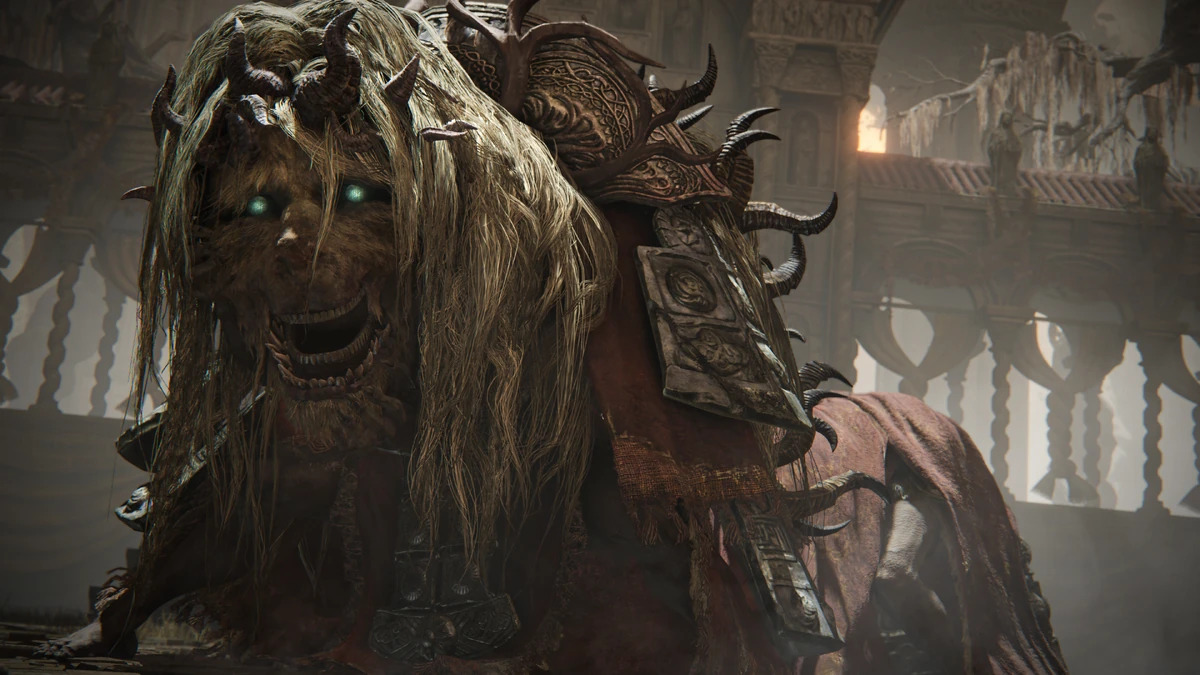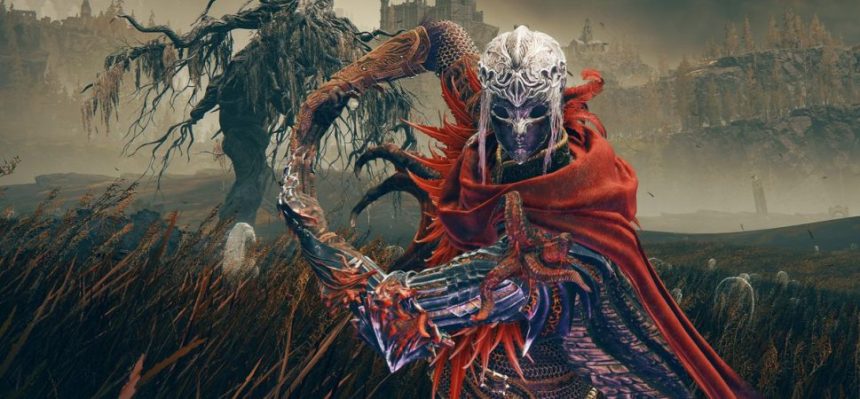The Shadow of the Erdtree DLC for Elden Ring has sparked a polarized response among players, particularly on its PC release. Despite praise for its visual and world-building elements, the DLC has encountered significant criticism primarily centered around its difficulty and technical performance.
Many players appreciate the game’s aesthetic and expansive landscapes, yet frustration mounts over issues like capped FPS, stuttering, and problematic boss mechanics.
Some players voiced their discontent with the DLC’s design choices, describing tedious gameplay experiences. One player lamented spending long stretches running through open areas devoid of meaningful content, only to face bosses that are excessively challenging and frustrating to battle.
Technical issues compounded these frustrations, with reports of the game being unplayable for some users despite attempts at various fixes.

Criticism extended to the perceived lack of innovation in the DLC, with one player likening it to a mishmash of existing game assets without significant new features. Despite the ongoing challenges, some players acknowledged the satisfaction of overcoming obstacles, a hallmark of FromSoftware’s notoriously difficult games.
However, concerns persisted about the balance between difficulty and enjoyment, especially regarding enemy and boss designs that emphasize punishingly high damage and relentless attack patterns.
Expert players within the Elden Ring community offered assistance to struggling gamers, particularly in overcoming crucial early bosses required to access the DLC content. This gesture highlighted both the game’s demanding nature and the supportive community ethos among its players.
While Elden Ring and its DLC have garnered admiration for their ambitious scope and challenging gameplay, the Shadow of the Erdtree expansion has faced substantial criticism for its execution and technical issues.
The debate underscores the delicate balance between maintaining the franchise’s trademark difficulty and ensuring an enjoyable player experience, reflecting the ongoing evolution and challenges of modern gaming expectations.







